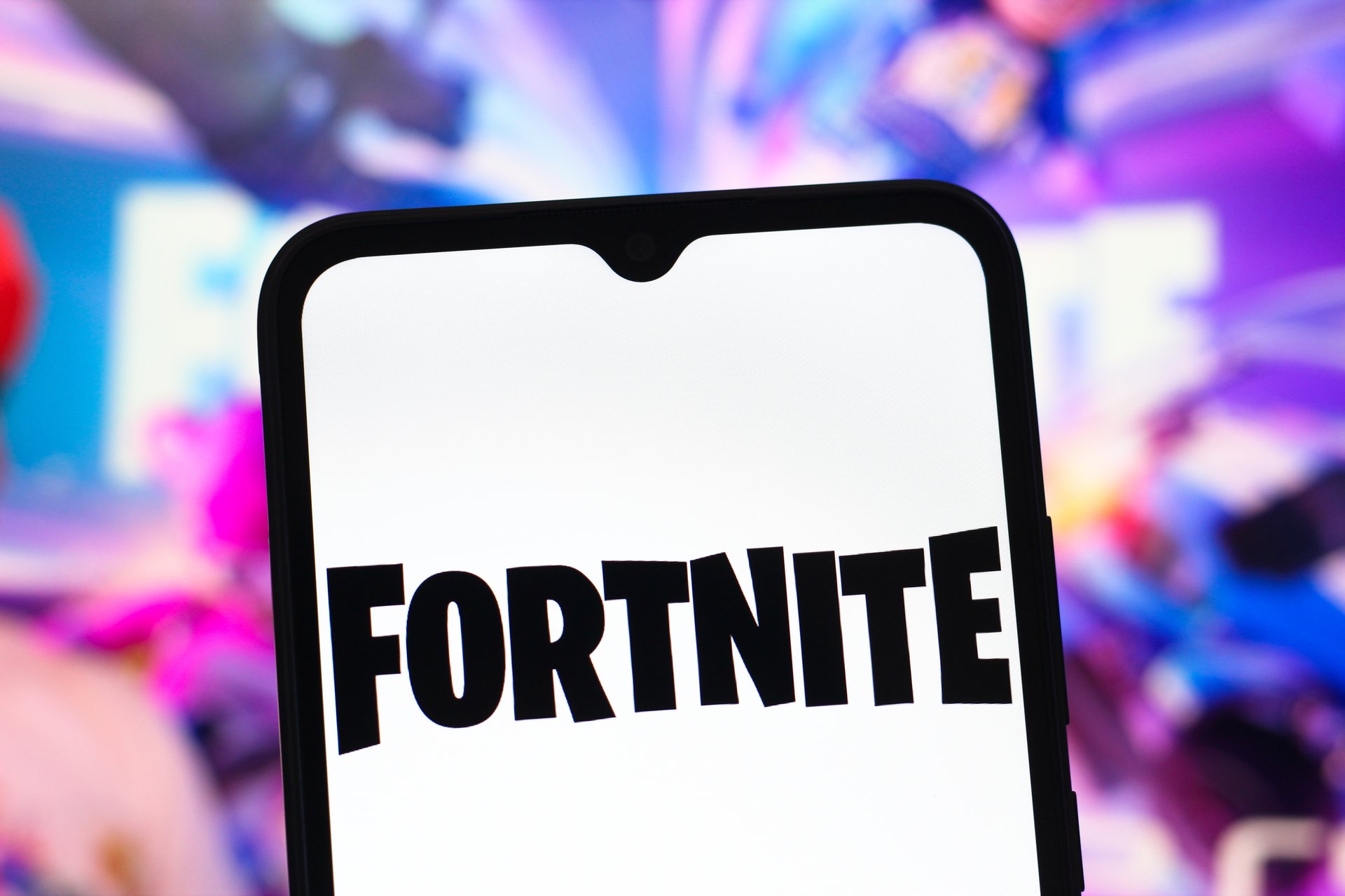Missed the Fortnite refund deadline? You’ve got another chance
The second round of payments follows complaints that Epic used deceptive design tactics to prompt accidental purchases

Thomas Fuller/SOPA Images/LightRocket via Getty Images
The Federal Trade Commission is handing over more than $126 million in refunds to nearly one million Fortnite players this week, in the second phase of a high-profile settlement with Epic Games over its past billing practices.
Suggested Reading
The latest payments — delivered via checks and PayPal between June 25 and 26 — bring the total refunded so far to $198 million, part of a broader $245 million consumer redress agreement reached in 2022. That deal resolved allegations that Epic, the maker of Fortnite, used deceptive digital interfaces to “trick” users, including children, into making unwanted in-game purchases.
Related Content
Refunds follow allegations of “dark patterns”
The FTC originally filed its complaint against Epic in 2022, accusing the Cary, North Carolina–based company of using what regulators call “dark patterns” — manipulative design choices that lead users to accidentally spend money in-game. Players could be charged while simply waking the game from sleep mode or while attempting to preview an item, the FTC said. The complaint also alleged that Epic locked accounts of users who disputed the charges through their credit card companies.
Epic did not admit wrongdoing but agreed to the settlement, which also included a $275 million fine for violations related to protections under the Children’s Online Privacy Protection Act (COPPA). The total settlement — $520 million — is one of the largest consumer protection actions ever brought against a tech or gaming company.
Who’s eligible for a refund?
Consumers who received refunds this week were part of a first wave of valid claims filed before February 14, 2025. But the FTC has now reopened the claims process, giving eligible players and parents until July 9, 2025, to file for compensation on the FTC’s website.
According to the agency, eligible recipients include:
- Players who were charged for unwanted items between January 2017 and September 2022
- Parents whose children made unauthorized purchases on their credit cards between January 2018 and November 2018
- Players whose accounts were locked or disabled after disputing charges
Refunds are being issued based on the payment method consumers selected during the original claim process. The FTC recommends that recipients cash checks within 90 days and redeem PayPal payments within 30 days.
Epic's policy changes
When the settlement was first announced in December 2022, Epic stated that it agreed to the terms in order to be “at the forefront of consumer protection” and to improve the overall player experience. The company also said it had begun implementing changes to its systems and policies before the agreement was finalized.
Those updates included expanded parental controls, easier refund options, and spending limits aimed at preventing unauthorized purchases — particularly by younger players. Epic said it hoped these changes would help set new industry standards and reduce friction between players, parents, and developers in games with in-app purchasing.
The case has been closely watched across the tech and gaming sectors as a sign of growing regulatory scrutiny of digital platforms, especially those aimed at children.
With approximately $47 million in refunds still remaining, the FTC says additional payments will be issued in the coming months to consumers with pending or newly submitted valid claims.
